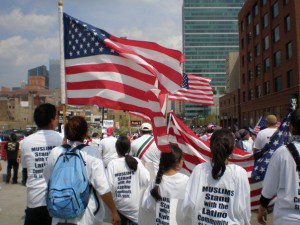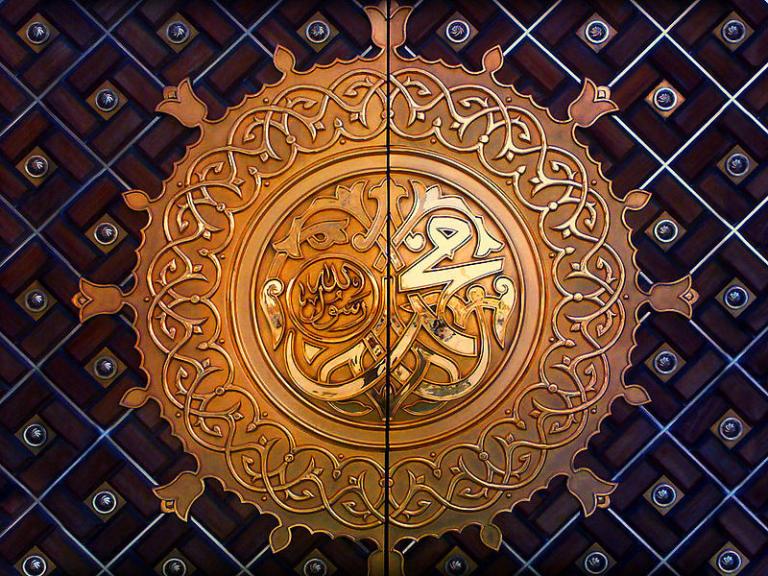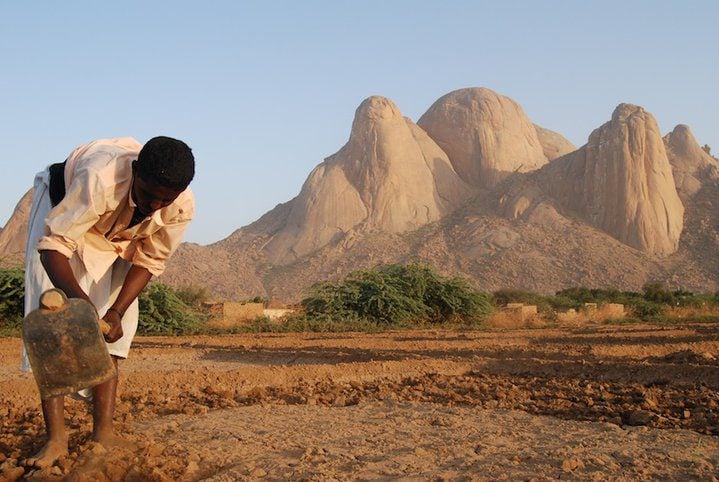 Last night I attended an engaging discussion on intercultural collaboration by Maria Pesqueira, the President and CEO of Mujeres Latinas en Accion. MLEA is dedicated to empowering Latina women by providing direct services, addressing the needs of Latina women and their families, and supporting policies that affect them through research and political advocacy. Ms. Pesqueira highlighted the importance of finding common ground with potential allies to gain widespread support for issues that might, on first glance, seem to only affect certain segments of a population.
Last night I attended an engaging discussion on intercultural collaboration by Maria Pesqueira, the President and CEO of Mujeres Latinas en Accion. MLEA is dedicated to empowering Latina women by providing direct services, addressing the needs of Latina women and their families, and supporting policies that affect them through research and political advocacy. Ms. Pesqueira highlighted the importance of finding common ground with potential allies to gain widespread support for issues that might, on first glance, seem to only affect certain segments of a population.
She offered the salient example of MLEA building relationships with, and subsequently receiving support for Comprehensive Immigration Reform from, feminist organizations that normally do not concern themselves with immigration. MLEA was able to gain the support of American feminists by framing immigration reform as an issue that disproportionately affects women and the choices they make for their families.
The event was hosted at the American Islamic College, a recently re-opened Chicago institution that fosters the learning of Islam, Muslim history and cultures, and builds interfaith bridges. Ms. Pesqueira noted that she was not yet familiar with AIC’s work, yet she did not hesitate to accept their invitation to speak. She explained, “When I think of Islamic, I think of my friend Itedal Shalabi and the wonderful work she and her staff do every day at the Arab American Family Services.”
Pesqueira went on to say that she valued AAFS as an institution, but valued Itedal Shalabi as a friend and ally. I also am humbled to call Itedal a friend and mentor, and celebrate AAFS in the work they do: providing direct services and advocating for Arab American families in Chicago’s Southwest side. Itedal is a fierce advocate for immigrant women and their children and has done a tremendous job of building partnerships with other cultural and faith communities.
Maria Pesqueira, Itedal Shalabi, and their respective organizations, are more effective today because they value building relationships across the table, identifying new allies and forging partnerships with supporters from different racial, religious, ethnic, economic and political backgrounds. Personal relationships across religious and cultural lines makes partners – and friends – out of people who might otherwise see each other through a lens of distrust and fear.
Some refer to this as the “My Pal Al” effect. “Al” is a person you know who belongs to a different ethnic or religious group. You might have a distrust of this group of people, but knowing your pal Al helps you understand that his group is composed of individuals. And many of those individuals are just like you! They care about their families and their communities. They share recipes with their neighbors. They pay their taxes and mow their lawns. Soon it becomes hard to continue to stereotype an entire group of people, mistrust them, or vote to curtail their rights, because that would hurt someone you know. Al. He’s your pal. In fact, now you want to learn more about Al, his people and work together with them to improve your community.
As all those who know her will attest, Itedal Shalabi is truly one of a kind. Yet, the American Muslim community is full of similar personalities: hard-working, committed activists who will always set aside space on their tables for new allies, who extend a hand to new partners, who are searching to join forces with those who want to improve local communities – who will become Your Pal, Itedal.











